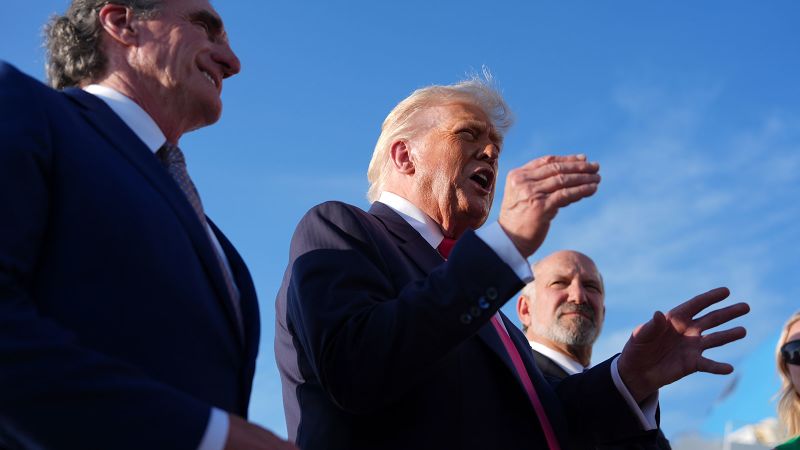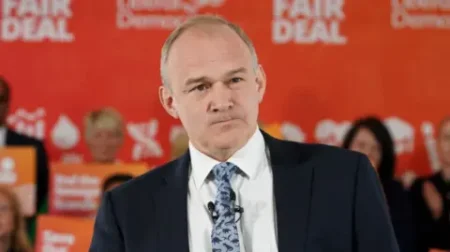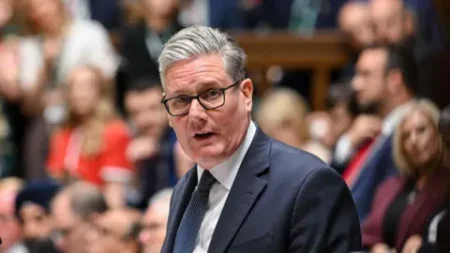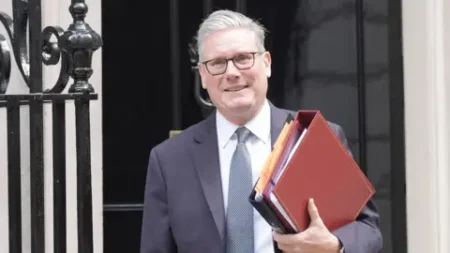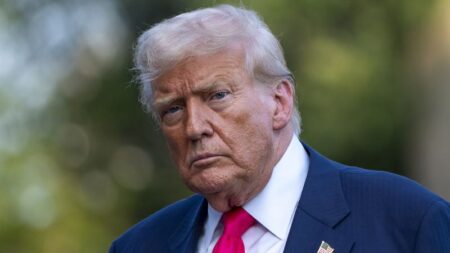In the complex landscape of international relations, President Donald Trump’s evolving stance on Russia and its leader, Vladimir Putin, has attracted both support and skepticism from various sectors, including members of Congress, foreign leaders, and analysts. Initially, Trump’s declaration of a stricter approach towards Russia elicited a warm reception from those advocating for a tougher stance against the Kremlin, particularly following a joint statement by Republican Senator Lindsey Graham and Democratic Senator Richard Blumenthal. The senators characterized Trump’s proposed economic penalties aimed at compelling Russia to negotiate a peace deal within a fifty-day window as a substantial executive move encouraging diplomatic discussions.
However, this optimism swiftly gave way to doubt. A day after the announcement, it became evident that Russian officials seemed to disregard Trump’s threats. The prevailing sentiment among Ukrainians and foreign leaders was one of apprehension regarding the potential consequences of the approaching deadline. Questions arose within Trump’s own party, with some allies wondering about the rationale behind delaying the enactment of sanctions legislation that enjoyed overwhelming bipartisan support.
By Tuesday afternoon, Trump defended his proposed timeline, asserting that fifty days was not an excessively long period and suggesting that actions could occur sooner. Leaders and analysts have often noted how Trump has historically postponed significant decisions under the guise of setting future deadlines. His track record includes a strike on Iran following a designated 60-day window for negotiations that ultimately fell flat. This previous behavior fostered skepticism regarding whether the current situation too might merely represent a stalling tactic rather than a genuine attempt to exert pressure on Russia.
The responses from key Republican figures highlighted the sentiment of impatience surrounding Trump’s handling of the situation. For instance, Senator Rick Scott from Florida expressed both praise for Trump’s intention to engage Putin and concern over the extended timeline, indicating a desire for sanctions and tariffs to be implemented immediately. Senator Thom Tillis from North Carolina echoed these concerns, warning that the fifty days provided Putin an opportunity to consolidate power and potentially escalate military actions.
Meanwhile, Russian officials responded to the threat of sanctions with a mixture of acknowledgment and indifference. Notable figures, such as Foreign Minister Sergey Lavrov and former President Dmitry Medvedev, attempted to downplay the significance of Trump’s ultimatum. Lavrov viewed it as hollow while Medvedev dismissed it as theatrical, implying that Russia remained unaffected by the mounting pressure from the U.S.
This sense of relief in Russia was underscored by market reactions, with the Russian stock index experiencing an uptick, which analysts suggested could be attributed to a perceived reduction in the immediacy of sanctions. Nevertheless, sentiments across Europe reflected shared concerns that the timeline offered Russia too much leeway. European Union foreign affairs chief Kaja Kallas raised questions about the practicality of pushing for peace within such a lengthy timeframe. Former British Prime Minister Boris Johnson, known for his previous alliance with Trump, also expressed discontent with the waiting period, emphasizing that immediate action was necessary given the ongoing humanitarian crisis.
The quandary for proponents of a strong U.S. response to Russia is pronounced. On one hand, Trump’s newly assertive comments towards Putin mark a significant shift. Still, there remains a palpable fear that his previous leniency towards the Russian president serves as a cover for insufficiently robust action. As Trump argues against criticisms, attributing responsibility for the conflict to his predecessor, it appears that the political landscape is convoluted, and the reality of imminent military engagement looms.
As discussions continue to unfold, Trump’s growing frustration over inquiries into the fifty-day period indicates his awareness of the scrutiny surrounding his approach. Senator Graham’s comments suggested that while Trump is maneuvering within a complex geopolitical space, substantial action is ideally warranted sooner rather than later, reinforcing the need for vigilance as the situation develops. The intricacies of international diplomacy will undoubtedly play a pivotal role in determining the U.S.’s future interactions with Russia and how effectively the European community responds to ongoing conflicts instigated by Vladimir Putin’s regime.





